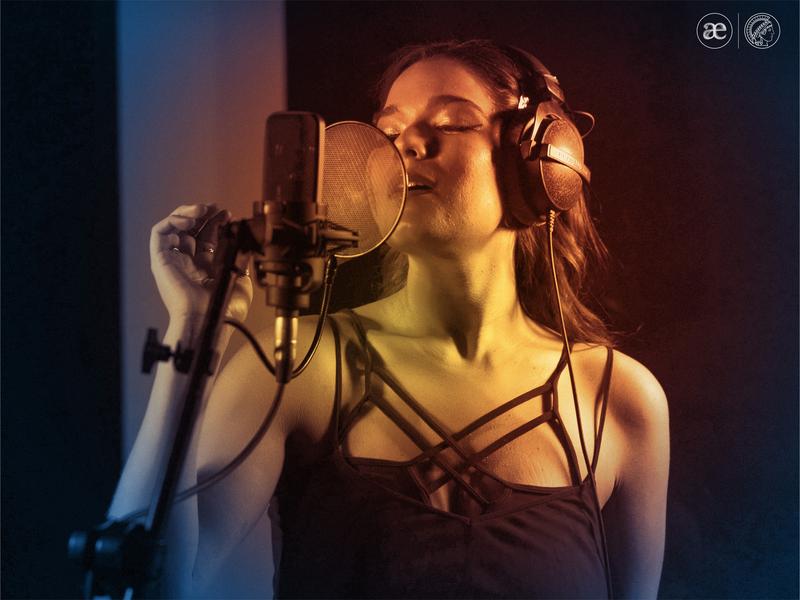On the trail of voting preferences
A research team led by the Max Planck Institute for Empirical Aesthetics (MPIEA) in Frankfurt am Main has investigated what determines our preferences for singing voices.

The team investigated the extent to which personal preferences for certain singing voices can be attributed to objective characteristics such as pitch accuracy or tempo and the extent to which the personal situation or individual characteristics determine preferences. To this end, they surveyed 326 people online and a further 42 in the Institute's laboratories.
In the introductory online experiment, a total of 96 a cappella vocal performances by 16 trained singers were rated according to personal preference. The evaluation showed that there was a wide range of liking and that there were major individual differences in the preferences of the test subjects. However, the team also found similarities in the average ratings, which in their opinion were - at least in part - due to the acoustic characteristics of the voices themselves.
However, this assumption was not confirmed after closer examination: the acoustic characteristics could only explain the ratings to a small extent. Instead, it was found that the preferences for certain voices were explained by the way in which the voices were perceived and interpreted by the listeners themselves.
Original publication:
Bruder, C., Poeppel, D., & Larrouy-Maestri, P. (2024). Perceptual (But Not Acoustic) Features Predict Singing Voice Preferences. Scientific Reports, 14,8977. https://doi.org/10.1038/s41598-024-58924-9








